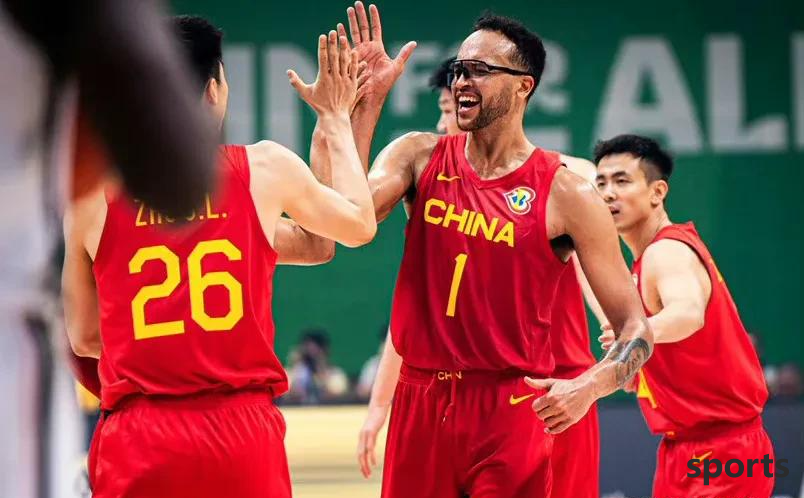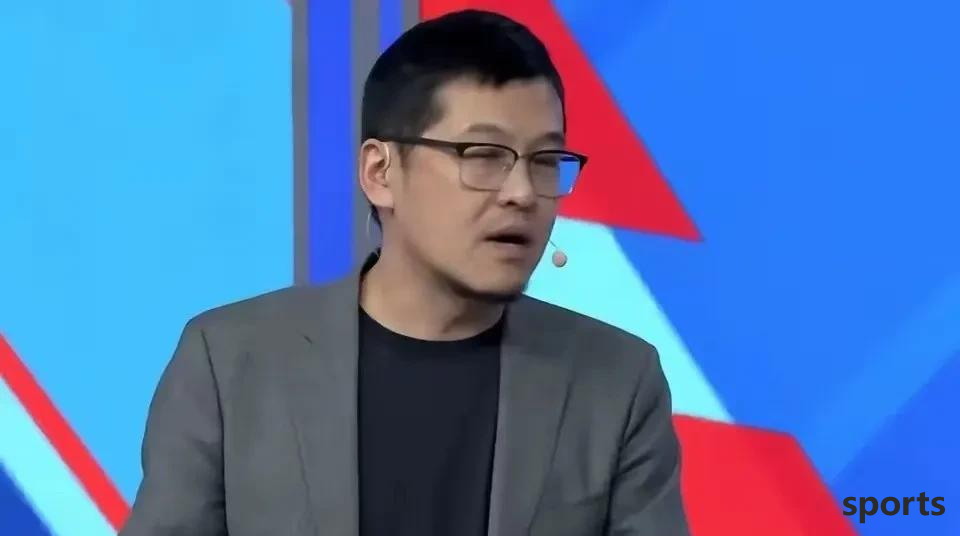Yang Yi revealed that Li Kaier s naturalization was behind the scenes, and CBA state-owned enterprise club spent a lot of money
12:05am, 17 May 2025Basketball
The recent remarks by basketball media person Yang Yi on the show were like a bombshell, causing an uproar in the basketball circle. He bluntly stated that Li Kaier's naturalization was not led by the Chinese Basketball Association, but a CBA state-owned enterprise club stepped forward and took on this arduous task, and the amount of funds invested was quite considerable.

According to Yang Yi, many people have misunderstandings about Li Kaier's naturalization, thinking that the Basketball Association is operating behind the scenes. In fact, it is not the case. The Basketball Association does not have enough ability to complete this complicated task alone. The one who really contributes money and efforts is a large state-owned enterprise in the CBA club. Not only did they pay high fees, they also dominate the naturalization process throughout. However, it is sad that this state-owned enterprise club spent a huge amount of money to naturalize Li Kaier, but could not let him play for him.

What is even more surprising is that according to Yang Yi, if the Chinese men's basketball team still wants to play with Li Kaier in the future, they still need to pay fees to the relevant parties. This means that Li Kaier's naturalization and subsequent use are a continuous high expenditure for Chinese basketball.

Li Kaier played for the Chinese men's basketball team at the 2023 Men's Basketball World Cup, and averaged 13 points, 5.6 rebounds and 3.4 assists per game. Although he is quite impressive in data and is the team's scoring leader, the overall performance of the Chinese men's basketball team was not satisfactory. He only achieved a record of 1 win and 4 losses, ranking 29th, setting the worst record in history, and unfortunately missed the qualification to participate in the Paris Olympics. Now, the information behind the naturalization exposed by Yang Yi makes people wonder whether this high investment has truly achieved the expected results? In the CBA league, the economic strength between the clubs is already uneven. The news that Li Kaier's naturalization was borne by state-owned enterprise clubs has also made people worry about whether future naturalization operations will further intensify the gap between the rich and the poor among clubs. Some wealthy state-owned enterprise clubs may be able to bear the naturalization costs, while clubs with relatively weak financial resources can only sigh. This is undoubtedly a huge challenge for the level playing field in the CBA league.

In addition, the Chinese Basketball Association has currently delegated its naturalization power to clubs and local sports authorities. Under the new policy, clubs need to consider various factors such as player strength, cost-effectiveness, and adaptability to the team when naturalizing players. The Li Kaier naturalization incident also provides a reference case for the subsequent club's naturalization operations. In the future, will more clubs follow suit and spend a lot of money to naturalize players? And can these naturalized players truly enhance the overall strength of the Chinese men's basketball team?
Related Posts
- 11 NBA Asian players total scores: Yi Jianlian is third, Choi Yongxi is embarrassed, first without any suspense
- 077& + Jokic + Xiao Watt! Schroeder: European teams can also gather the best players in the All-Star Game
- Become a small shareholder of the club! Paris official: NBA star Durant and parent company QSI sign an agreement
- How to succeed as a small guard? Irving: Be sure to polish your skills; you must use your brain
- Unbeaten in the summer! The Clippers beat the Bucks 20-2 in the final quarter, Christie scored 21 points Baldwin 22+13
- More than 30 NBA players and coaches are under investigation for illegal gambling, James information leaked, Porter s match-fixing
- Halliburton: Playing point guard is like being a mom Your job is to take care of every teammate
- Shin Jing missed the third formation, and Rockets fans screamed! This brother lost 170 million to the third formation because he missed the third formation. Why should he cry?
- Yao Ming s most wrong choice back then was to renew the Rockets contract in 2006, and he should join the Lakers
